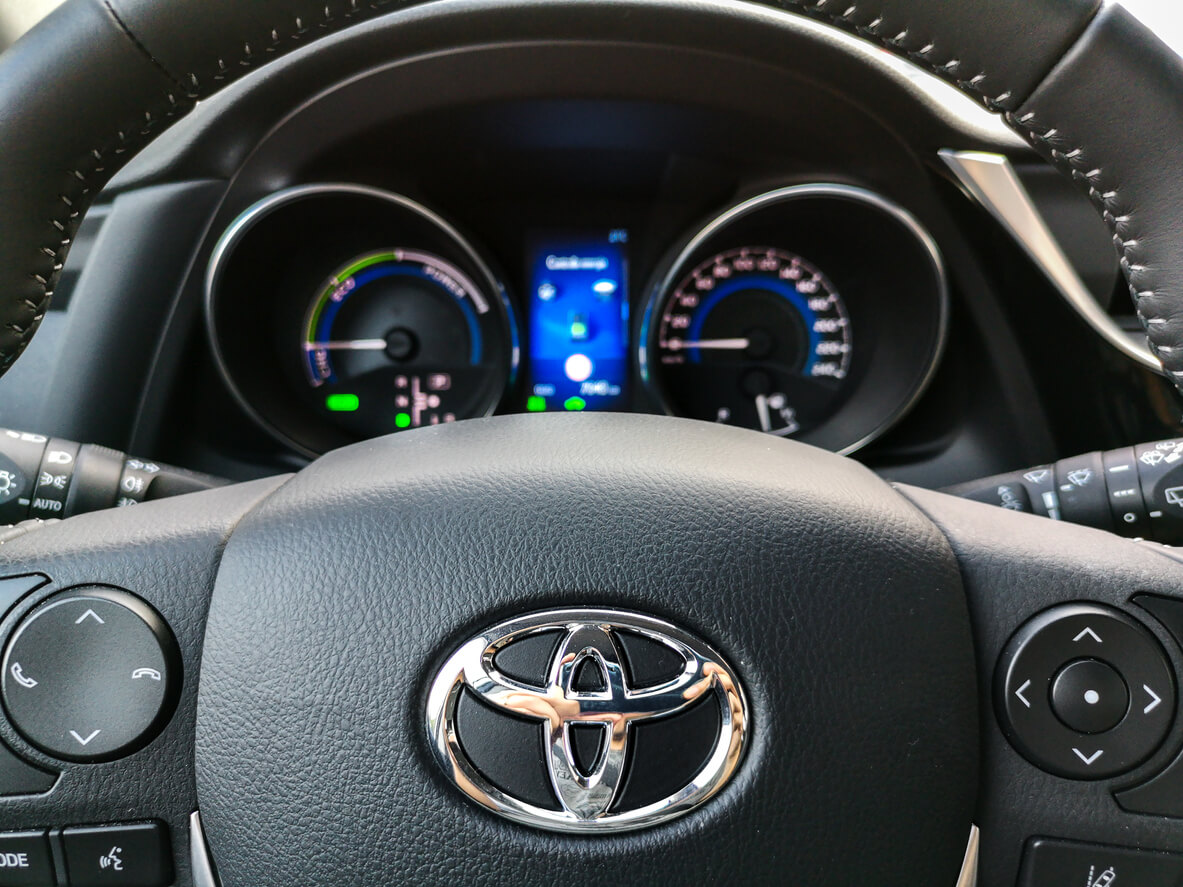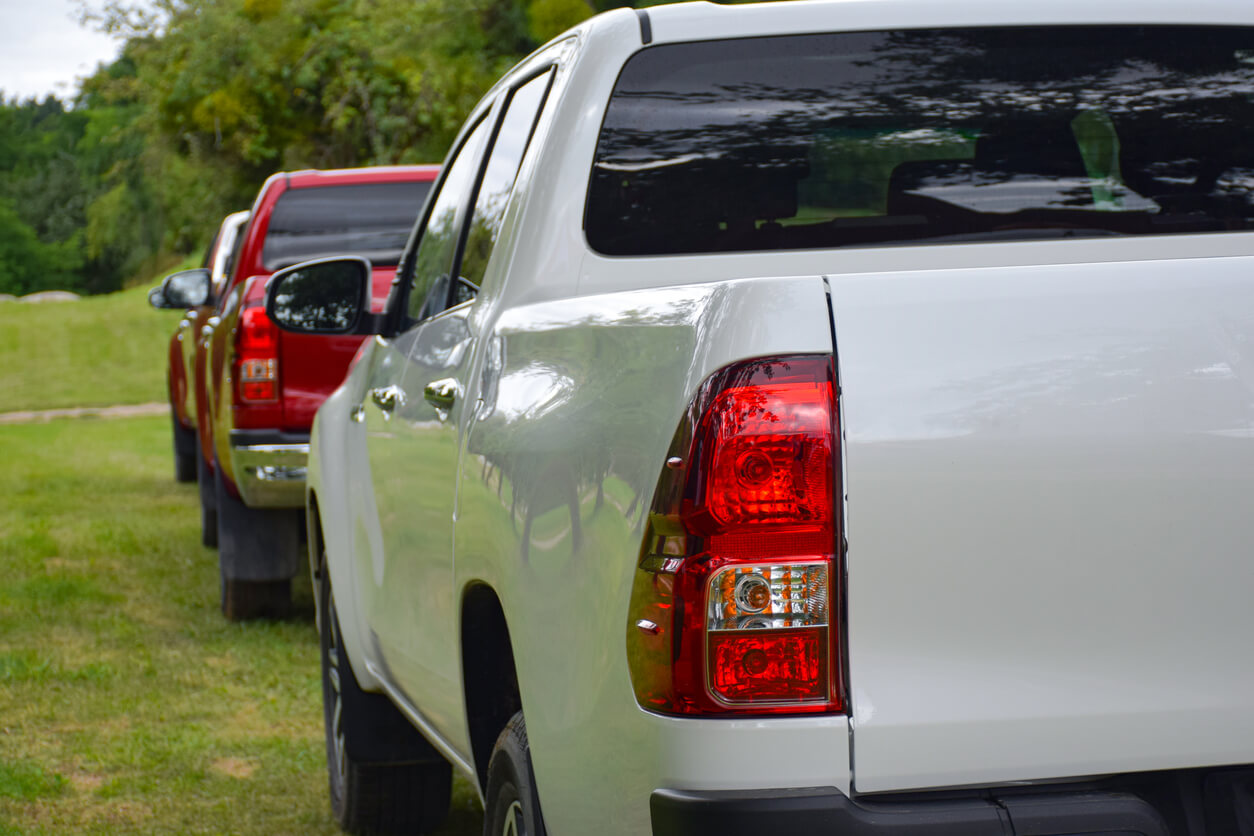Toyota is not new to the automobile industry. However, the company is currently under scrutiny for the 2022-2023 Tundra line regarding issues with the fuel lines. A class action lawsuit predicts a massive fire risk along with multiple environmental hazards.
The Main Problem: Defects in the Fuel Line
A malfunctioning fuel line poses serious safety risks to the driver and passengers. The 2022-2023 models of this truck have plastic fuel lines installed within. The class action contends that these fuel lines may rub against the metallic brake lines every time the car moves. When the fuel lines collide with the metallic brake lines, there is a high chance of a fuel leak, and a fire will be sparked eventually.
Details behind the Lawsuit
Benjamin Murphy – the plaintiff filed a class action lawsuit against Toyota in the Texas Federal Court. Firstly, the lawsuit states that Toyota manufactured and sold the Tundra 2022-2023 vehicles with impaired fuel lines. It also makes a serious claim regarding environmental damage. According to the class action, a faulty fuel line reduces the driver’s miles per tank and potentially deteriorates environmental conditions. As a result, the company’s mistake is like a dual-ended sword – causing both financial and environmental losses.
The class action also sheds light on lemon law infringements. It alleges that Toyota’s negligence and fraudulent behavior may breach the well-known Magnuson-Moss Warranty Act.
Steps Taken By Toyota
Toyota has been under the knife for defective models before, as well. However, the company took notice, and major steps were taken. The details are as follows:
- August 2023: Recall of 170,000 vehicles from the 2022-2023 Toyota Tundra line.
- October 2022: A class action settlement in response to defective Denso fuel pump claims.
Wrapping Up
The whole situation with the Toyota Tundra really underscores how crucial safety and trust are when it comes to cars. This lawsuit is likely to pause major Toyota sales for at least a while now. Potential buyers are advised to keep a watchful eye on all legal proceedings.
Lastly, if you struggle with car troubles and feel cornered against big automakers, remember it is always better to have experts with you. With extensive experience and successful cases at hand, The Lemon Firm is your best bet. With the dedicated team members always at your disposal, the package becomes too good to be true. So, if your gas powered, hybrid or EV is giving you a headache, don’t hesitate to reach out!
Call 833 Lemon Firm and speak with a case analyst today!





